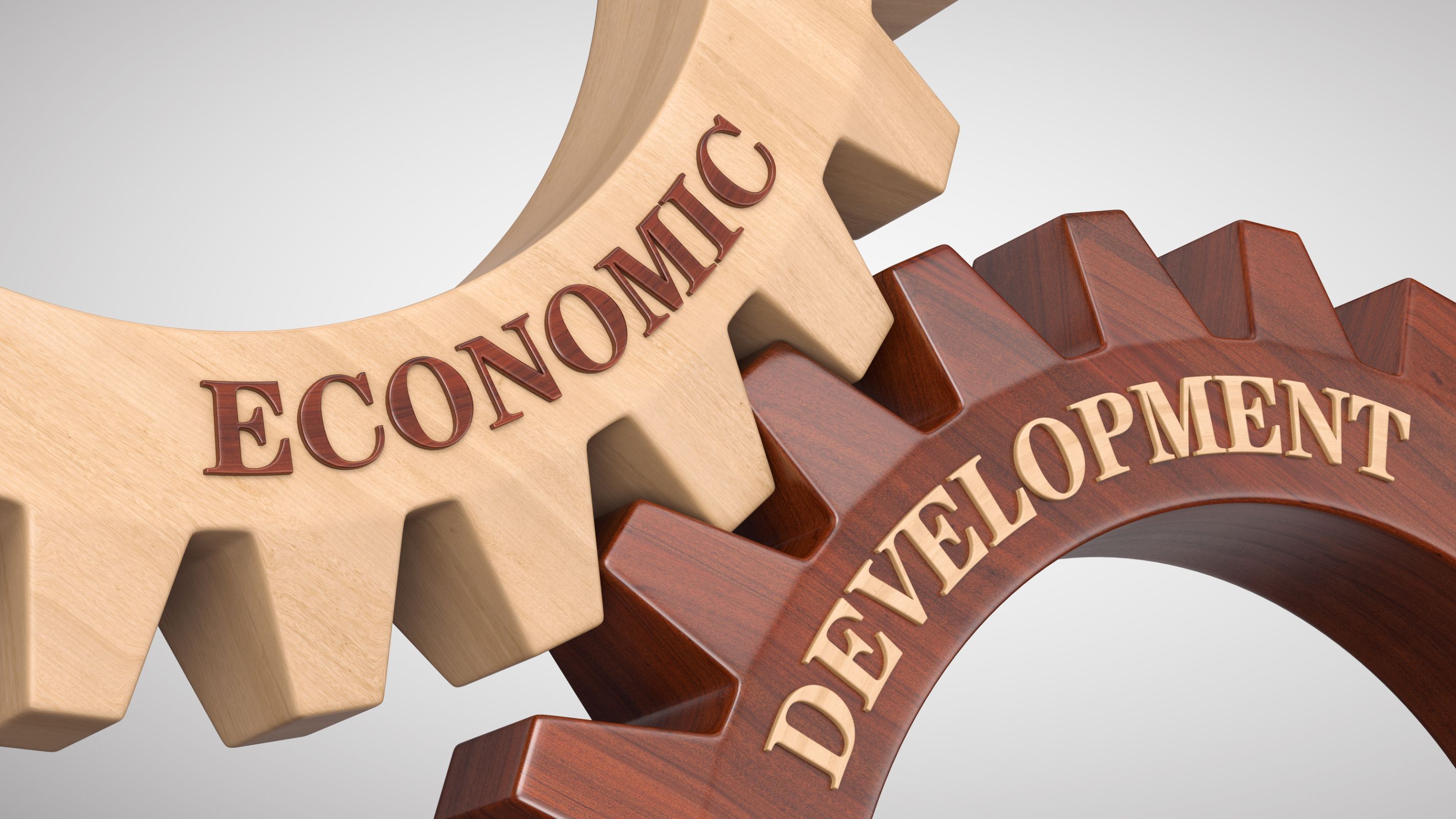In an era marked by relentless economic fluctuations, the ability to navigate uncertainty has become more crucial than ever. The winds of change, often unpredictable and tumultuous, can leave individuals and organizations reeling.
Yet, within these challenges lie opportunities for growth and transformation. Building resilience—the capacity to recover quickly from difficulties—emerges not just as a skill but as a vital life strategy.
It involves cultivating a mindset that embraces flexibility, fosters a sense of community, and equips us with the tools to adapt and thrive amid chaos. As we delve into the ways to fortify our resilience, we discover that each challenge can serve as a stepping stone toward a more robust and empowered future, paving the way for innovation and renewed strength in the face of adversity.
The Importance of Resilience: Why It Matters Now More Than Ever

In an era marked by rapid economic shifts and unforeseen challenges, resilience has emerged as an essential bedrock for individuals and communities alike. As job markets fluctuate and societal norms transform, the ability to adapt, recover, and thrive becomes not just advantageous but necessary.
Resilience fosters a mindset that embraces change rather than shunning it, enabling us to navigate uncertainties with confidence and creativity.
Organizations such as Ned Capital Recruitment often emphasize that resilience is not only a personal strength but also a professional asset, helping people and businesses stay agile in dynamic times. It empowers us to reclaim our footing in the face of adversity, allowing for innovation in problem-solving and collaboration.
More than merely bouncing back, resilience is about forging ahead, learning from setbacks, and transforming obstacles into opportunities. In today’s world, where change is the only constant, cultivating resilience is not just crucial—it’s vital for survival and growth.
Assessing Your Current Financial Situation: A Step-by-Step Guide

Assessing your current financial situation is the first crucial step in navigating economic uncertainty. Begin by gathering all relevant information: income sources, monthly expenses, debts, and savings.
Create a detailed budget to visualize your cash flow; this will help identify any leaks or areas for adjustment. Don’t hesitate to categorize your spending—separating needs from wants can illuminate potential savings.
Next, evaluate your debts; do they weigh heavily on your finances, or are they manageable? Think about your emergency fund: is it robust enough to cover three to six months of living expenses? Finally, as you sift through these numbers, consider your long-term goals. This process isn’t just about crunching numbers; it’s about understanding where you stand today so you can chart a more resilient course for tomorrow.
The insight gained during this assessment will empower you to make informed decisions, adapt to changing circumstances, and ultimately build a more secure financial future.
Diversifying Income Streams: Strategies to Mitigate Risk

Diversifying income streams is not just a prudent strategy; its a lifeline in uncertain economic times. By expanding revenue sources, individuals and businesses can cushion themselves against the unpredictable tides of the market.
Imagine supplementing your primary income with freelance gigs, passive investments, or even turning hobbies into side hustles. Each new stream becomes a buffer, absorbing shocks from economic downturns.
Consider the artist who, rather than relying solely on gallery sales, launches an online course or sells merchandise; or the professional who partners with a startup while keeping their day job. The art lies in striking a balance between risk and reward.
As you weave a tapestry of varied income, remember to assess and adapt your strategies, ensuring each thread strengthens the overall fabric of your financial resilience.
Conclusion
In conclusion, building resilience during times of economic change is not only essential for individuals and organizations but also lays the groundwork for future success and adaptability. By fostering a growth mindset, prioritizing financial literacy, and maintaining strong support networks, we can better navigate the uncertainties ahead.
Partnerships with organizations like Ned Capital Recruitment can also provide valuable resources and insights, helping people identify new opportunities and make strategic career moves in fluctuating markets. Embracing these strategies will empower us to withstand economic shifts and emerge stronger, more capable, and ready to take on the challenges of tomorrow.


